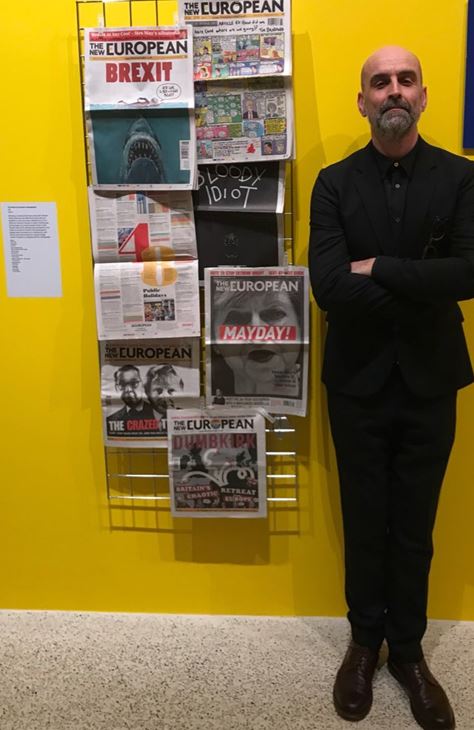How Brexit changed the British media


If journalism is the first draft of history, then the initial response to the 2016 Brexit referendum is a draft that needs rewriting.
The result, a 52 percent to 48 percent win for the campaign for Britain to leave the European Union, has dominated British politics ever since, with aftershocks that no-one could have predicted, but the newspaper front pages from the 'morning after' do not tell the whole story.
Amid the mixture of ecstatic reactions and stunned disbelief at Prime Minister David Cameron's subsequent resignation, there was no representation of the feelings of the 16,141,241 people who voted Remain. And that is one of the reasons The New European weekly newspaper came into being.
"The paper was born out of a publishing position, rather than a political one, although conveniently it coincided with my personal belief that Brexit was a disaster," the paper's editor, Matt Kelly, told China Daily.
"I saw the papers and thought 'there's space in the market,' because now there was a huge new constituency who hadn't existed 24 hours earlier. They had a name — the 48 percent — we knew who they were, where they were, what they cared about, and this was a group that hadn't previously been represented at all. All the strong Leave papers had been on-message perfectly for 20 years, and I'm sure that helped carry the vote, but no-one had represented this group.
































